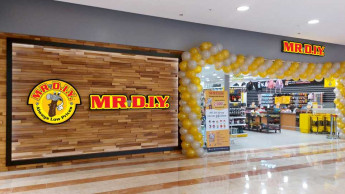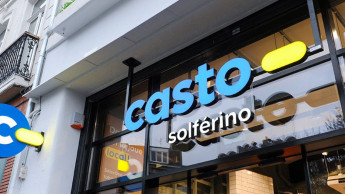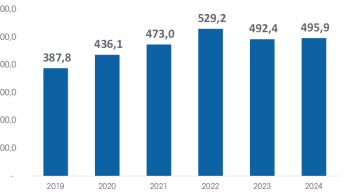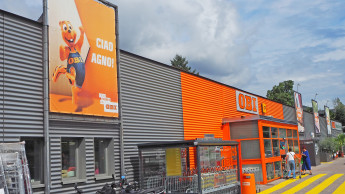

deep insights, facts & figures

The baby boomers are now turning into the 50-plus target group. These changing consumers will demand changed stores
Retailers of all kinds are going to find themselves facing consumers with a different mind-set in the next few years, according to Doug Stephens, president of Retail Prophet Consulting, a leading Canadian future-focused company. Stephens was speaking at a dealer conference in Toronto, Canada, early this year. As baby boomers age around the world, he explained, their needs will be shifting. “People over 50 just don’t need as much stuff,” he explained, “but they will be thinking more about services.” Smart retailers, he said, will focus on making shopping easier and more enjoyable by providing various kinds of services to supplement the goods they sell. That might well impact the very idea of store size, too: the older people get, the less likely they might want to trudge the aisles of a supersized store, so smaller stores may become more popular. Already Walmart, the world’s largest retailer, is developing smaller stores called Walmart Express, and electronics giant Best Buy is also developing a smaller format. It will be vital for retailers to begin thinking of how they will counteract the reduced demand of aging consumers, who have almost everything they need after 50 or 55 – except services. Stephens pointed out that many aging consumers are thinking of downsizing their homes, moving into maintained communities, taking more trips – spending their money in different ways. From the hardware industry’s standpoint, downsizing has advantages and disadvantages. The obvious advantage is the need to decorate a new dwelling, lay a new lawn, plant trees and flowers, all of which bodes well for decorating and lawn and garden departments, though some of the work may not be done by the baby-boomers themselves but rather by hired help. Thus it becomes vital that retailers also more aggressively court the business of service-providers such as gardeners, painters and decorators, etc. Older customers demonstrate a desire for more personal attention and service as well, which poses a staffing problem for retailers who built their business entirely on self-service, with a minimum of personal attention. Conventional retailers are already seeking new merchandise categories to supplement their basic departments. Some hardware stores, for instance, are now stocking wine- and beer-making supplies. These appeal not only to older folks but to younger consumers as well. Pet departments are becoming more commonplace and more elaborate, recognizing the growing importance of pets to…
Related articles
Read also

 Menü
Menü












 Newsletter
Newsletter